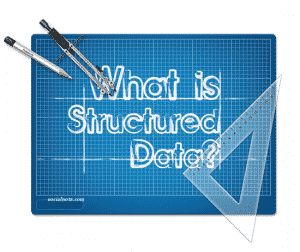
Unlocking the Power of Semantic SEO
The future of digital marketing is here. It’s semantic SEO, and it’s coming to a competitor near you.
Semantic SEO is the process of optimizing a website so that search engines can better understand the user’s intent and provide the most relevant results. Semantic search is a major focus of SEO because it is how search engines are moving towards understanding the user’s intent behind a query.
A query can be interpreted in many ways, depending on the context, tone, and relationship between the words. For instance, the word “child” could mean “kid”, “son”, or “daughter”. Semantic SEO takes into account all of these potential interpretations to make sure that the website is optimized for all of them.
This is important because it allows for a better user experience. When a user types in a query, they should be directed to the most relevant results possible. Semantic SEO ensures that this happens by helping search engines to understand what the user is really looking for.

The future of digital marketing is here. It’s semantic SEO, and it’s coming to a competitor near you.

By understanding semantic SEO and user intent, you can give your website the best chance of ranking high in search engine results pages.

This comprehensive guide is a great resource for using Semantic SEO to take your content strategy to the next level.

Has keyword research always been a task that’s eluded you? Time-consuming, yes, but you can do the research, too. Learn how.

Divining user search intent is like trying to read people’s minds. Learn how to create content that gives your audience what they want.

By making use of SEO for your property management company, you can take advantage of the thousands of people searching for property management services every month.

Your SEO strategy could be better. It could be future-proof. Learn how semantic indexing helps make your content shine and strategy last.

Is there a return on investment for adding semantic markup to your site? And for that matter, what is it, and why do you want to bother? Learn what semantic markup is why you may want to add it to your site.

In content, you have synonyms, plurals and related terms. When you read a sentence, you get the meaning of a word based on the context.
This website uses tracking cookies to help us understand how you use the site and improve upon your experience. We do not share any information collected – either personal or anonymous – with any other parties, with the exception of the reporting programs we use in conjunction with those cookies. By continuing to use this site, you agree to the use of these cookies. If you do not agree, please close the site.